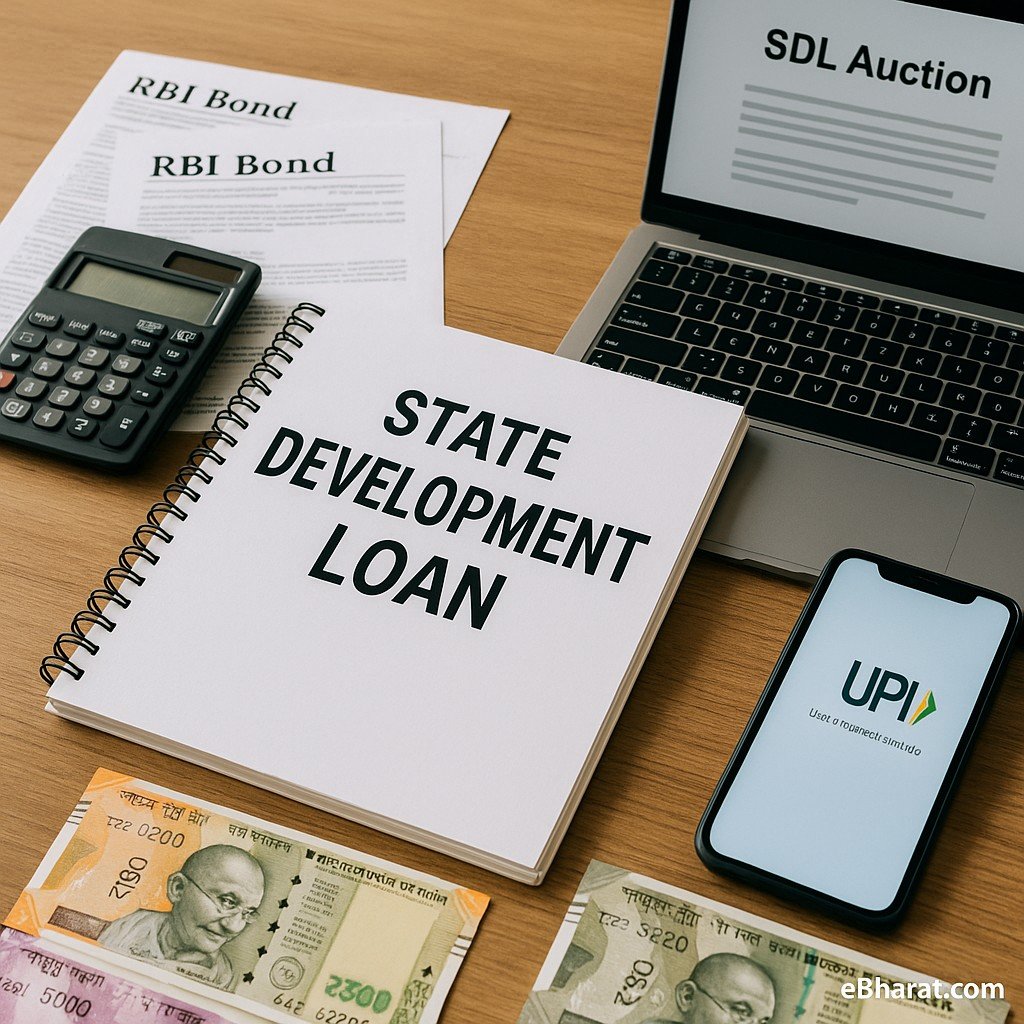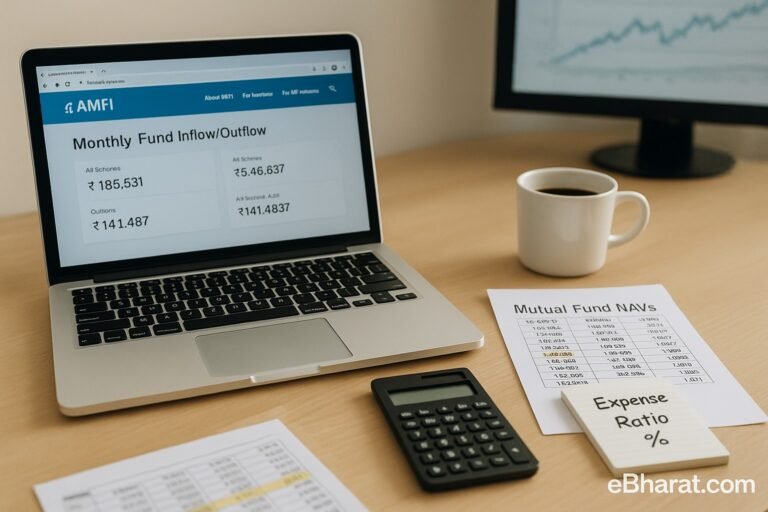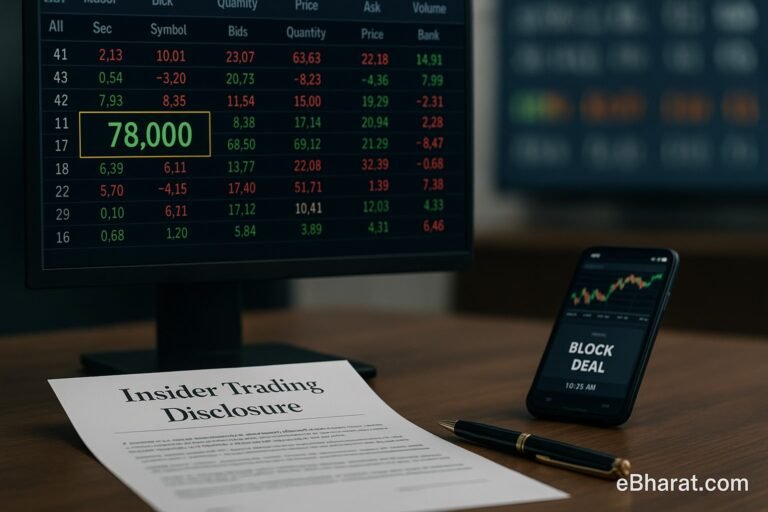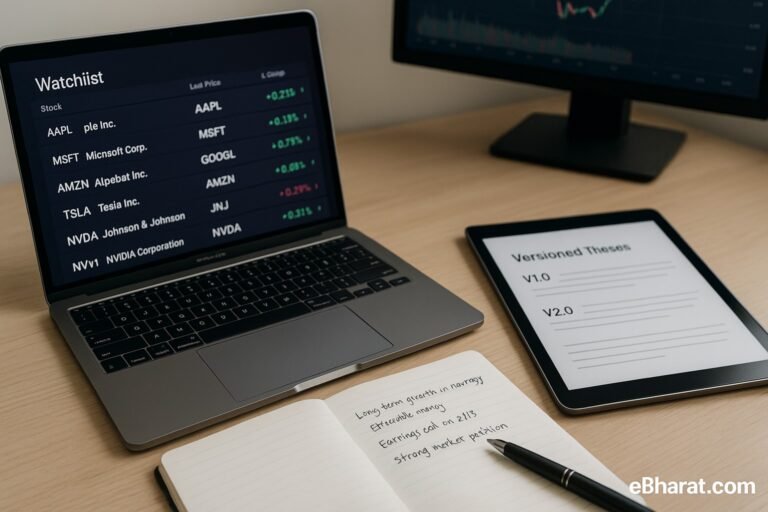
India’s financial system isn’t just about stocks and mutual funds. One of the safest investment options for retail investors is State Development Loans (SDLs) — bonds issued by state governments.
If you’ve ever invested in G-Secs (Government Securities), think of SDLs as their close cousin, but issued by individual state governments to fund infrastructure and welfare projects.
What Are SDLs?
- SDLs are dated securities issued by state governments.
- Auctioned by the RBI similar to central government bonds.
- Funds raised are used for roads, irrigation, healthcare, and welfare schemes.
- Available to retail investors, HNIs, and institutions.
SDLs vs G-Secs
| Feature | G-Secs | SDLs |
|---|---|---|
| Issuer | Central Government | State Governments |
| Risk | Lowest (Sovereign) | Very Low (Quasi-Sovereign) |
| Yield | 6.8% – 7.2% | 7.0% – 7.6% |
| Liquidity | High (active trading) | Moderate |
SDLs usually offer slightly higher interest than G-Secs because of the state-level risk premium.
Interest Rates & Returns
- SDL yields are usually 0.20–0.40% higher than equivalent maturity G-Secs.
- Typical SDL returns (2025): 7.2% – 7.6% annually.
- Maturities range from 1 year to 30 years.
How to Invest in SDLs
- RBI Retail Direct Account
- Open a free account directly with RBI.
- Participate in SDL auctions online.
- Zero brokerage, direct government interface.
- Through Brokers (Zerodha, Upstox, Groww)
- Buy SDLs via secondary market (NSE/BSE).
- Easier interface, but small brokerage/charges apply.
- Mutual Funds / Debt ETFs
- Some debt funds include SDLs in their portfolios.
- Indirect exposure, more diversified.
Tax Treatment
- SDL interest is taxable as income (as per your slab).
- No TDS if bought directly via RBI Retail Direct.
- Capital gains tax applies if you sell before maturity.
Advantages of SDLs
- Backed by state governments (low risk).
- Higher yields vs G-Secs.
- RBI auctions ensure transparency.
- Suitable for conservative investors.
Limitations
- Liquidity is lower than central government bonds.
- State finances can vary — riskier states may face downgrades.
- Not inflation-protected.
Who Should Invest in SDLs?
- Conservative investors looking for fixed income.
- HNIs & retirees wanting safety + higher yield than FDs.
- Traders looking to diversify into debt instruments.
Start Investing in SDLs Today
Open a free RBI Retail Direct Account or buy SDLs via Zerodha / Upstox. Track yields and portfolio performance with eBharat Tools.












